
Are you barking up the wrong tree when it comes to dog facts? Let’s sniff out the truth behind 15 eye-opening facts to redefine your understanding of man’s best friend. Here, we have curated a rollercoaster of revelations that will make you rethink everything you thought you knew about pooches. Remember, the more you know about doggies, the deeper your bond can grow. Happy tail-wagging adventures with your four-legged pals!
The 7-Year Doggy Dilemma: Ageing Isn’t That Simple

The infamous 7-year myth is hardly true; the reality is more complex. Pups age faster early in life; however, the rate slows down. They age at different rates, influenced by factors such as size and breed. Small breeds can live longer than their larger counterparts. It’s a nuanced process, not a one-size-fits-all calculation.
Tail Wagging Tales: Not Just Joy in Every Wag

Tail’s language can be more complex than how you perceive it. A waggling tush usually signals joy, but it’s not a typical emotion and can be nuanced. Different wags convey diverse emotions, from excitement to anxiety. It’s almost a furry morse code – if you know how to decode it. Understanding these gestures adds depth to conversations with your pet.
Only Purebreds are Prone to Health Issues

Due to diverse gene pools, mixed breeds, or mutts, often enjoy better physiques. Purebreds may inherit specific health risks. However, consider the unique vitality of being a delightful blend of breeds.
Dogs Only See in Black and White, Right? Wrong!

Contrary to popular belief, our canine mates see a broad spectrum of colors, though not as vividly as humans. While their world might lack the same rainbow explosion, it’s certainly not a monochrome movie or a grayscale photo.
You Can’t Teach an Old Dog New Tricks – False!
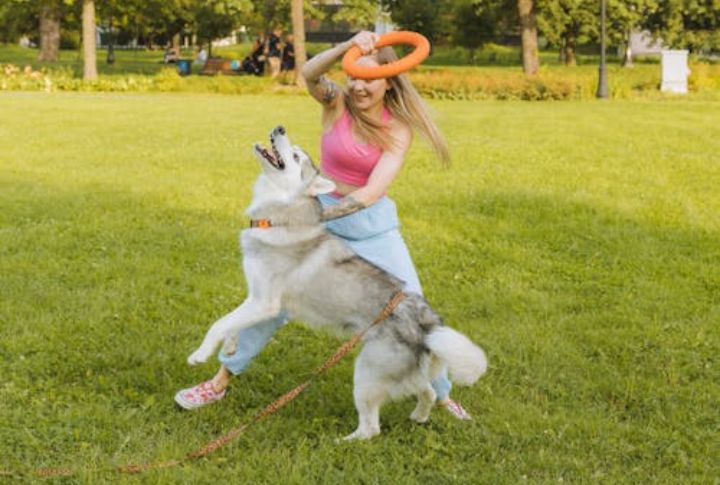
Age is merely a number for pooches and not a barrier to learning. Both young and old mutts can absorb new skills with patience and consistency. So, bring out the teacher in you and let your old pal surprise you with what it can achieve!
Sweat or No Sweat? The Peculiar Truth About Canine Cooling

Puppies don’t perspire like humans, though they primarily have sweat glands in their paw pads. A dog regulates body temperature through panting. So, the next time your pet is panting, it’s their cooling system performing, not just exhaustion.
Grass Grazing: Not Always a Sign of Sickness

Contrary to the assumption that grass consumption is linked to illness, many puppies munch on greens simply because they enjoy it! As long as it’s pesticide-free, a bit of green is likely harmless. It might be their version of a salad.
Humping Habits: Not Always About Dominance
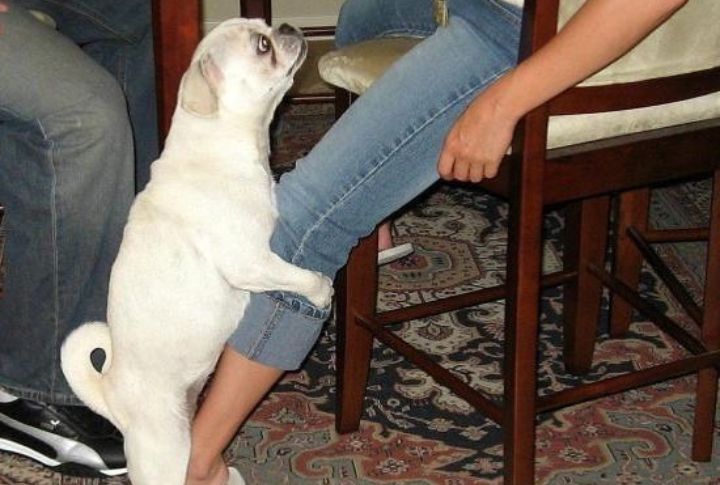
Humping is a natural behavior that can stem from excitement, anxiety, or even boredom. It’s not always a power move. Spaying or neutering can reduce this habit to a certain extent, but it’s not a guaranteed fix. Sometimes, humping is just a quirky doggy dance.
Puppies and Chewing – A Lifelong Affair
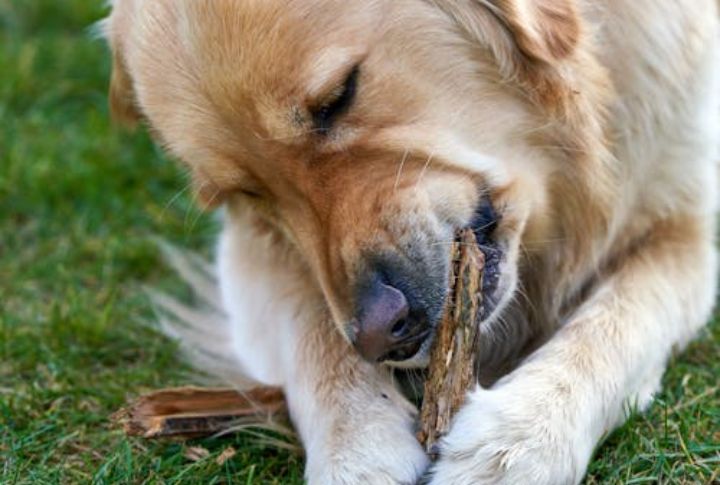
While doggies may mellow with age, chewing is an instinct that persists. Provide suitable outlets such as toys and bones to save your favorite belongings from your fur friend’s dental explorations. This isn’t a phase; pooches have a lifelong love affair with gnawing.
Warm Noses and Canine Health: A Temperature Tangle
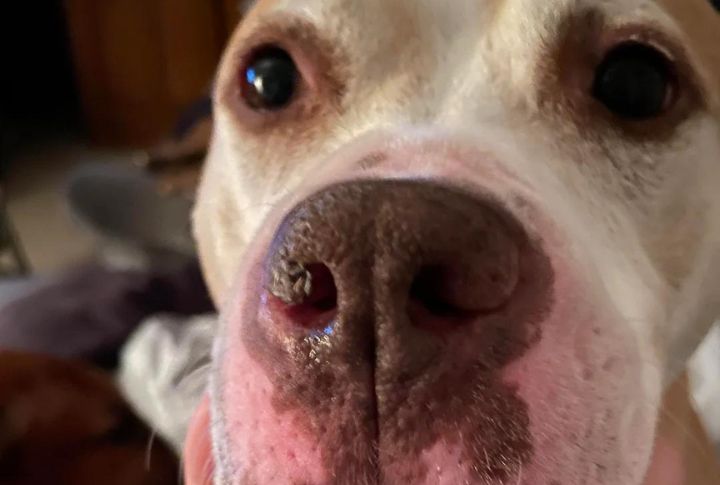
Forget the old wives’ tale. A warm nose doesn’t necessarily indicate illness. Pups’ noses fluctuate in temperature throughout the day. It’s more like a canine thermostat than a health indicator. So, don’t panic if Fido’s sniffer isn’t an ice cube 24/7.
Dogs Understand Human Language – Well, Kind Of

While man’s best friend is incredibly perceptive to tone and specific words, expecting them to comprehend complex sentences is unrealistic. Keep commands clear and consistent. Your dog may not be fluent in English, but they surely understand the language of treats!
Swimming Skills: Not Every Dog’s Paddle Paradise
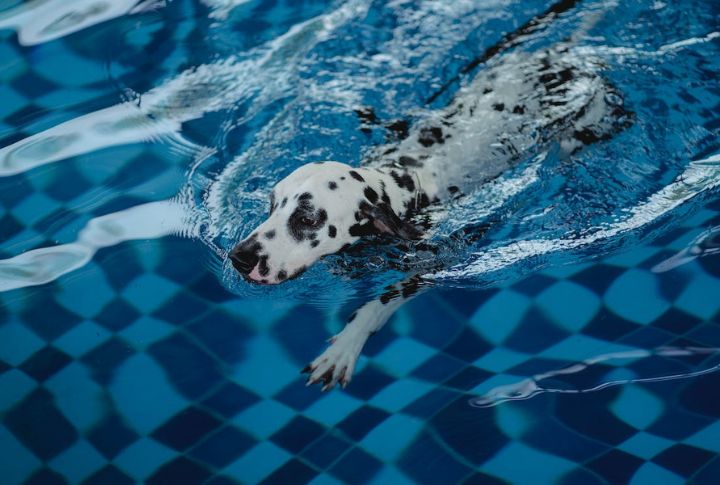
While many breeds excel in the water, not all pups are born with a love for swimming. Some may need gentle introductions to the pool. Don’t assume your furball is the next Michael Phelps without dipping those paws first.
Tail Wagging Truth: Decode the Canine Conversation
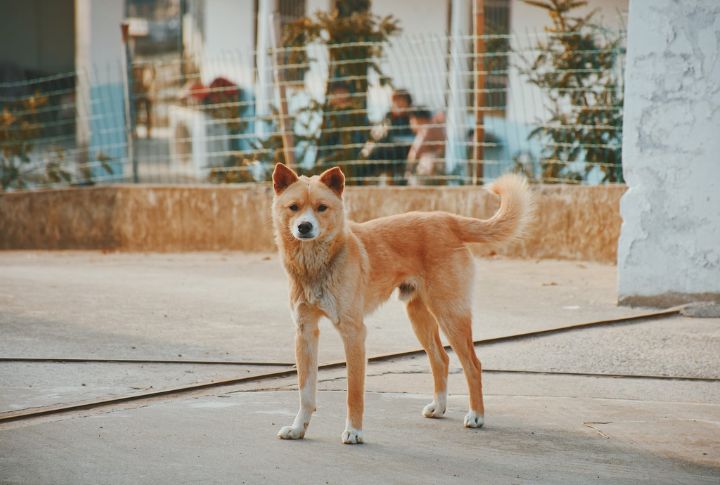
Waving the hind part is only sometimes a friendly gesture. Different styles of wags convey various emotions. For instance, stiff wags can signal agitation, while a low wag might indicate submission or fear. Pay attention to the entire physical expression, not only the tail, for a more accurate read of your dog’s feelings.
Dog Mouths Are Cleaner Than Humans

Sorry, pooch lovers, but this one is a stretch. While dogs’ mouths secrete bacteria-killing enzymes, they also harbor germs. So, it’s best to save the kisses for humans!
Sun Protection for Dogs: UV Rays Affect Furry Friends Too!

Do you think your dog’s fluffs offer all the sun protection they need? Canines with short coats or exposed skin areas are susceptible to sunburn. Keep your playful companion safe during sunny strolls with pet-friendly sunscreen.


Comments
Loading…